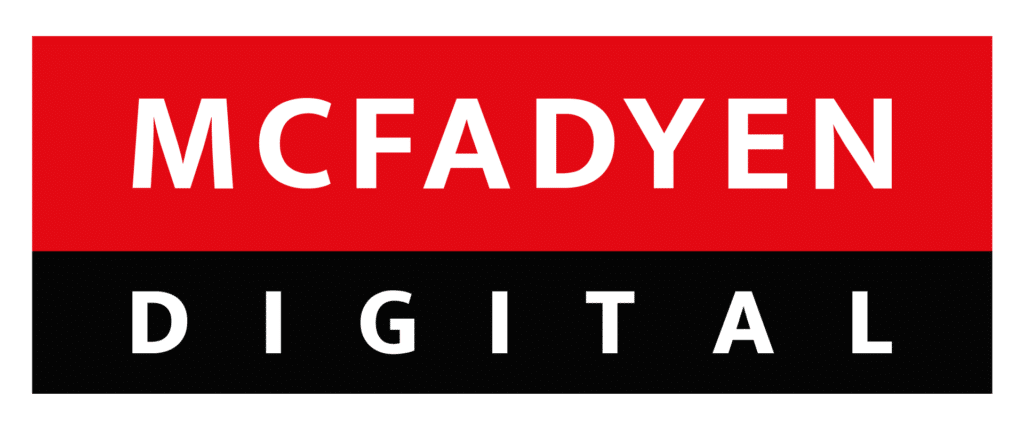
Today’s B2B and B2C buyers are empowered consumers who expect digital discovery, sales, delivery, and service experiences that live up to their favorite consumer brands. Online consumer research is, for this reason, the lifeline of B2B and B2C businesses today. It serves as a beacon to forecast changes in consumer and market demands. This empowers businesses to course-correct marketing strategies to meet consumer needs.
There are significant commonalities and differences in the way online research is carried out for B2B and B2C businesses. Let’s look at the similarities between these 2 groups according to CATMEDIA and the way it influences the online research process:
- Marketing consists of messaging to people.
- Marketers must know their customers or clients, how to segment the market into meaningful audience groups, and how to reach the target audience with informational and promotional messages.
- Marketers must know the difference between absolute needs and discretionary purchases, and understand their clients’ options to fulfil those needs and wants.
- Marketers must build and nurture their brand.
Both B2B and B2C businesses look to a best-in-class shopping experience that delivers account specific pricing and catalogs using a single, unified, storefront can be used to drive revenue growth, customer experience and complexity management. As we observed in a recent McFadyen blog post, B2B eCommerce is twice as big as B2C ecommerce. Forrester predicts that by 2019, the B2B e-Commerce market will be worth $1.1T compared to the B2C market at $480B.
The Confluence of Online Research
B2B businesses sell their products, services and solutions to other businesses whereas B2C businesses sell to individuals within large populations. B2C marketers market to the person as consumer in a simple process. B2B marketers market to the person as a business decision maker or influencer in a complex process on account of organizational processes for requesting, approving, procuring, and paying for purchases.
B2B businesses typically use logic and industry jargon, while B2C businesses use intuition and simple language. The B2B purchase process is, in large part, rationally and logically driven. B2C consumer choices are typically emotionally triggered. B2B businesses focus on relationship building, while B2C business focus on consumer experiences that are tied to desire, status, cost, Finally, in comparative term, the buying process is short for B2C (typically lasting minutes or hours) and long for B2B (lasting months or even years).
Online research methods (ORMs) refer to the approaches used by researchers to collect data via the Intranet. It is a new and evolving field that draws heavily from digital transformation. Online research methods include: Online content analysis, online focus groups, online interviews, online qualitative research, online questionnaires, social network analysis and notably, web-based experiments. According to B2B research from B2B International, the Pareto principle applies to B2B research in that 20% of the customers account for 80% of the revenue.
While B2B and B2C online research use many of the same tools and techniques, they have differing requirements, traits and skillsets. Here are some key differences:
- B2B researchers work from finite sample lists of high net worth individuals (business influencers and decision makers), which means every contact has be picked and dealt with the utmost care. B2B research is limited by sample size. B2C researchers deal with vast groups within the mass population where customization is not a top priority.
- B2B researchers need to become subject matter experts, to able to build rapport with, and gain the co-operation of business leaders. B2C researchers on the other hand, need an essential knowledge of the audiences and markets that they are dealing with.
- In B2B markets, respondents are often spread out across the world, making it difficult to conduct face-to-face groups. It is easier to use online groups to connect with them. In the case of B2C research, big groups of respondents tend to be found within the same geographical area, making it easier to conduct face-to-face groups.
- B2B online research, for the most part, addresses strategic business needs whereas B2C research focuses on consumer behavior and choices. For this reason B2B research projects are envisioned and executed at boardroom level. B2C research is mostly focused on the markets and marketplaces.
- B2B online research is usually ‘method neutral’ in that, its objectives are often strategic and require a number of different tools and methodological approaches. B2C research projects focus on a specific methodological approach or research techniques such as surveys, online research etc.
In Closing
B2B online research is inherently more complex as there is the complexity of the decision making processes in a business-to-business environment. With consumers, decisions can often be far more straightforward than in the business world. For one, they usually only involve one party: the customer. As we mentioned earlier, the B2B purchase process is, in large part, rationally and logically driven. B2C consumer choices are typically emotionally triggered. B2B businesses focus on relationship building, while B2C business focus on consumer experiences that are tied to desire, status and cost. With focused online research, a B2B or B2C brand can take its digital discovery, sales, delivery, and service experiences to the next level of engagement with its customers.
Related Articles
Turn Insight Into Impact.
Start Today.





